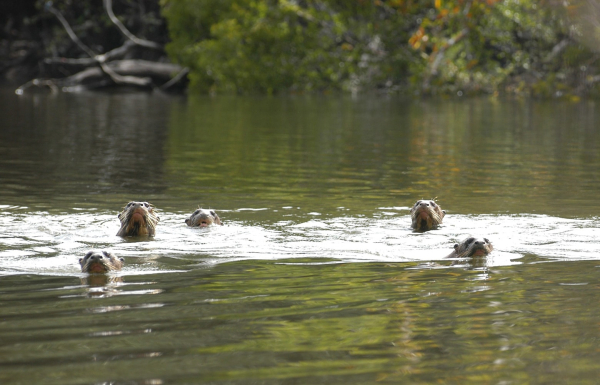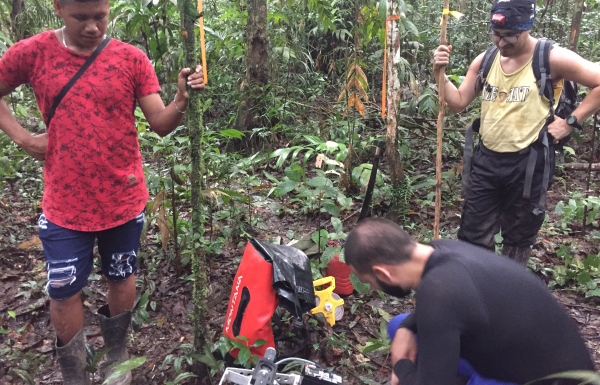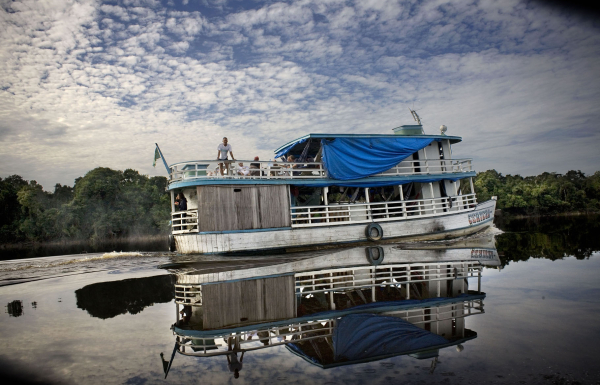The Science Village will promote education, scientific research and technological innovation with the objective to stimulate research project which involve innovation and technology development for the Amazon region and tropical forest system. A technology and Innovation HUB that will have a regional and global impact on policy making.
The Science Village will be built to satisfy the needs of scientists, researchers and students alike – focusing on key areas of conservation such as climate change and biodiversity – facilitating them to conduct research in the natural environment of their chosen field with the necessary resources to hand.
The Science Village aims to marry education, research and economic development in a sustainable fashion for the direct benefit of the river-dwellers of the region.
The combination of traditional and scientific knowledge will contribute to create a unique place in education for sustainable development. Today, we offer researchers and students an operative and fully-staffed field station in the Brazilian Amazon.

In collaboration with the Kew Botanical Garden of London, the INPA of Manaus and the support of the Amazon Charitable Trust, sampling of plant species and training of young para-taxonomists for the construction of herbaria.

Our colleague and trustee of the Amazon Charitable Trust, Emanuela Evangelista has conducted over the years extensive studies on the giant otter and is part of the IUCN otter specialist group.

We recommend that visiting international scientists promote substantive collaboration by integrating local researchers into the design of the project, budgeting for funds to support local collaborators, and share benefits with local communities. Our main local partner is the local cooperative CoopXixuaú

ACT partnered with the Federal University of Amazonas UFAM and the University of Southampton to develop a tool for local communities of the Rio Jauaperi (RESEX of the Baixo Rio Branco Rio Jauaperi) to mitigate fire hazards in the region. Students traveled to the research station and interacted with the locals.The project is still ongoing with the University of Southampton - Drones Against Climate Change (DACC): improving the estimates of forest fire smoke emissions.

We facilitated the ABC expeditions, a partnership with INPA and other prestigious Brazilian research institutes for a multi-taxa investigation of forest biodiversity: plants, vertebrates, non-vertebrates, eDNA, measurement of the carbon stock and epigeal biomass, soundscapes and camera traps.

The boat of the local cooperative can be used as a floating base for researchers and is ideal to travel from Manaus to the RESEX and on the Jauaperi river. The local cooperative will organise logistics and supply.
In the words of Sergio Weguelin, Former Director of the Amazon Fund, and Director of the Development Bank of Brazil, “this project is a ground breaking territorial inclusion initiative; it creates a new local dynamic whereby local culture is cherished and promoted whilst being combined with external knowledge to enhance the mutual benefits to all parties involved”
The late professor Rogério Valle, Head of Research, Federal University of Rio de Janeiro: “This project is a unique initiative. The possibility of combining a sustainable business for local communities with scientific research is a pioneering, innovative and long overdue model for the sustainable development of the Amazon.”
Follow us